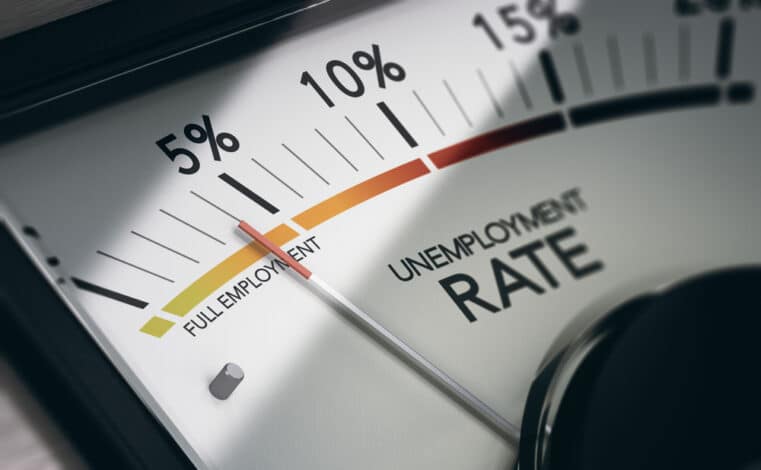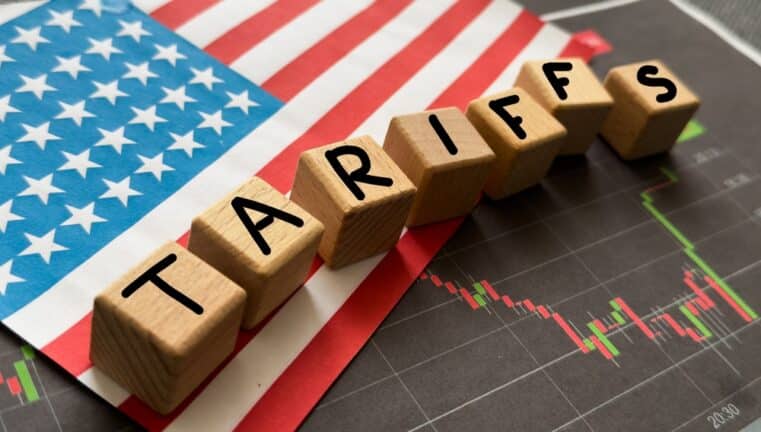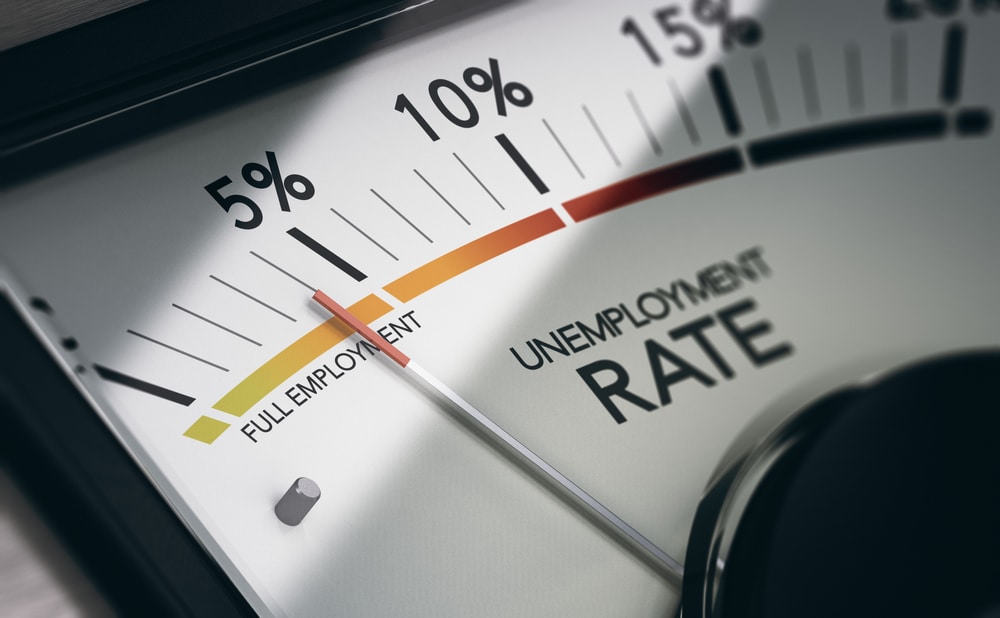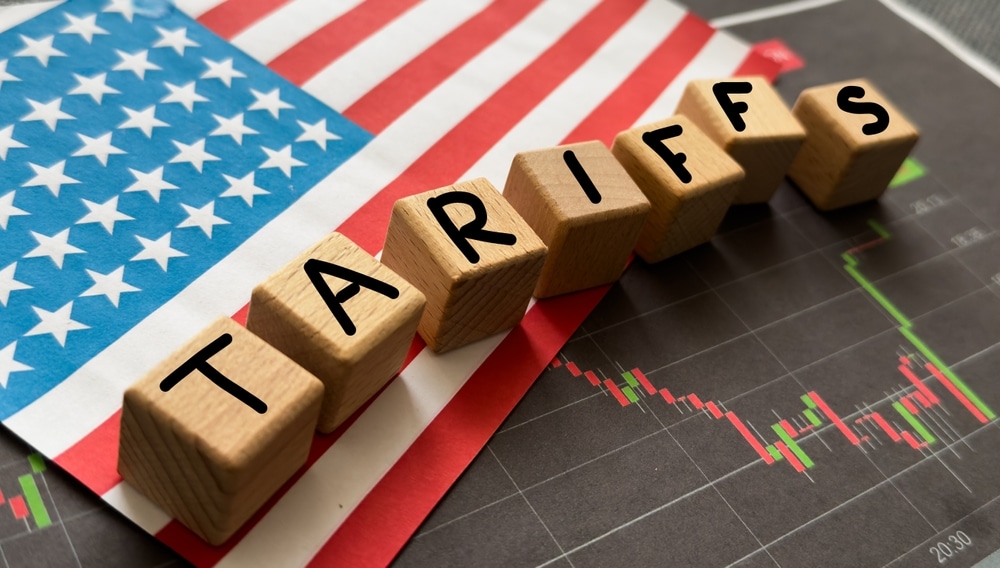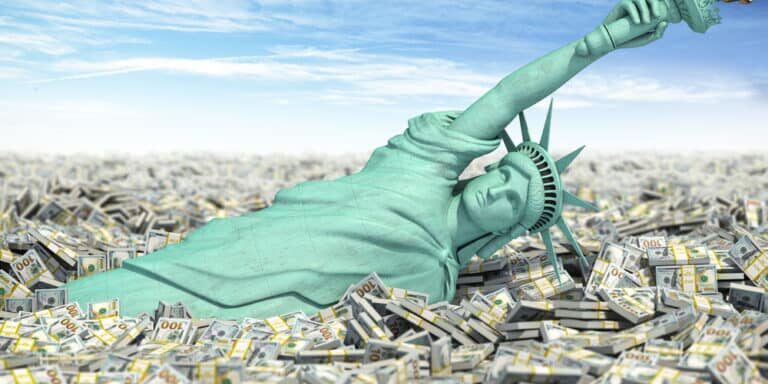
The Looming Threat Of Stagflation In The Economy
EDITOR'S NOTE: As the global economy teeters on the edge of uncertainty, the alarming prospect of a catastrophic stagflationary scenario casts a long, dark shadow over our financial future. With prominent economist Mohamed El-Erian warning of a potential recession, the confluence of stagnant economic growth and soaring inflation threatens to unleash a devastating blow to markets worldwide. This in-depth analysis delves into the factors contributing to this economic maelstrom and the potential consequences of a full-blown stagflationary crisis. As we stand at the precipice of financial disaster, understanding the complexities and warning signs of such a scenario is critical to navigating the turbulent waters ahead and averting potential ruin.
- Mohamed El-Erian said the US economy is facing increasing odds of a recession and stagflation.
- He sees a significant contraction of credit as the banking system becomes more cautious.
- "It is a phenomenon that, unlike financial contagion, is not easily countered by policies."
Mohamed El-Erian said the US economy is facing increasing odds of a recession and stagflation after turmoil snarled the global banking sector for the past month.
"The flashing red light resulting from a speed-of-light run on the US banking system, or what economists broadly refer to as financial contagion, is behind us," the famed economist wrote in the Financial Times. "Yet it is too early for policymakers to declare mission accomplished."
The banking system will become more cautious, which will likely lead to a significant contraction of credit, El-Erian added.
"Instead, red has become a flashing yellow due to the slower-moving economic contagion whose main transmission channel, that of curtailed credit extension to the economy, increases the risk not just of recession but also of stagflation."
Investors are assessing losses on the banking system's hold-to-maturity portfolios, leaving many concerned over where to park their deposits and with whom to do business.
Meanwhile, the bank sector's ability to pass on higher borrowing costs and larger fees will be limited by other interest-paying products for customers. For example, Americans have been shifting away from bank deposits and parking their cash in money market funds that offer higher yields as the Federal Reserve continues to raise interest rates.
"All this leads to the uncomfortable finding that we are on the cusp of a credit contraction that will play out over the next several quarters, probably reaching its apex towards the end of this year or the beginning of next year," the chief economic adviser at Allianz wrote. "It is a phenomenon that, unlike financial contagion, is not easily countered by policies."
Still, El-Erian said the economy can still bypass a recession as long there's not another "Fed policy mistake," he told CNBC on Monday, citing last week's job data that showed solid payroll growth and higher labor force participation.
Originally published by: on Markets Business Insider




